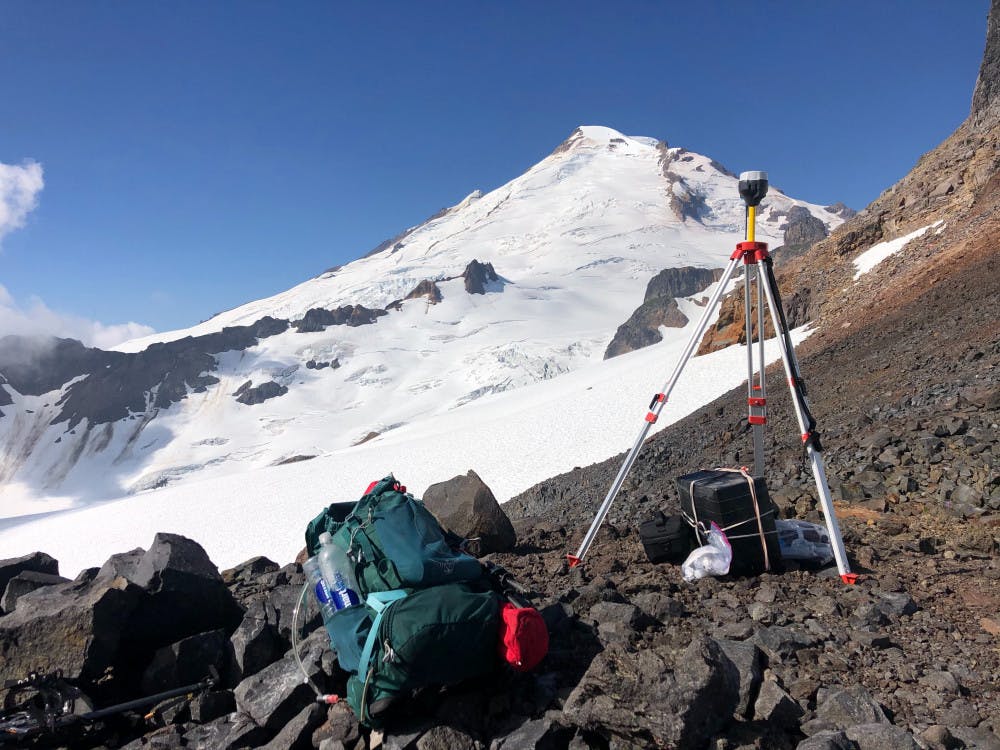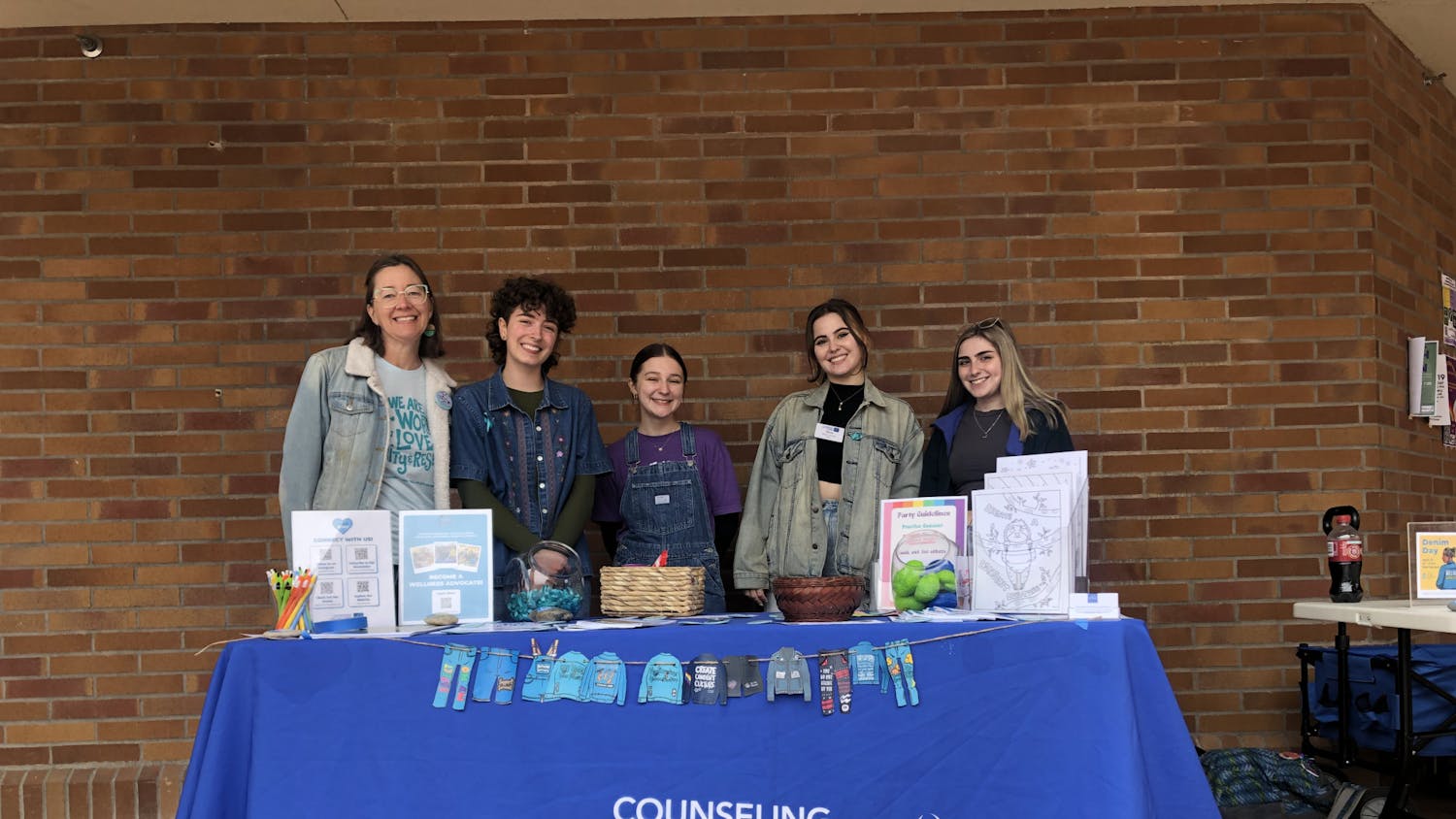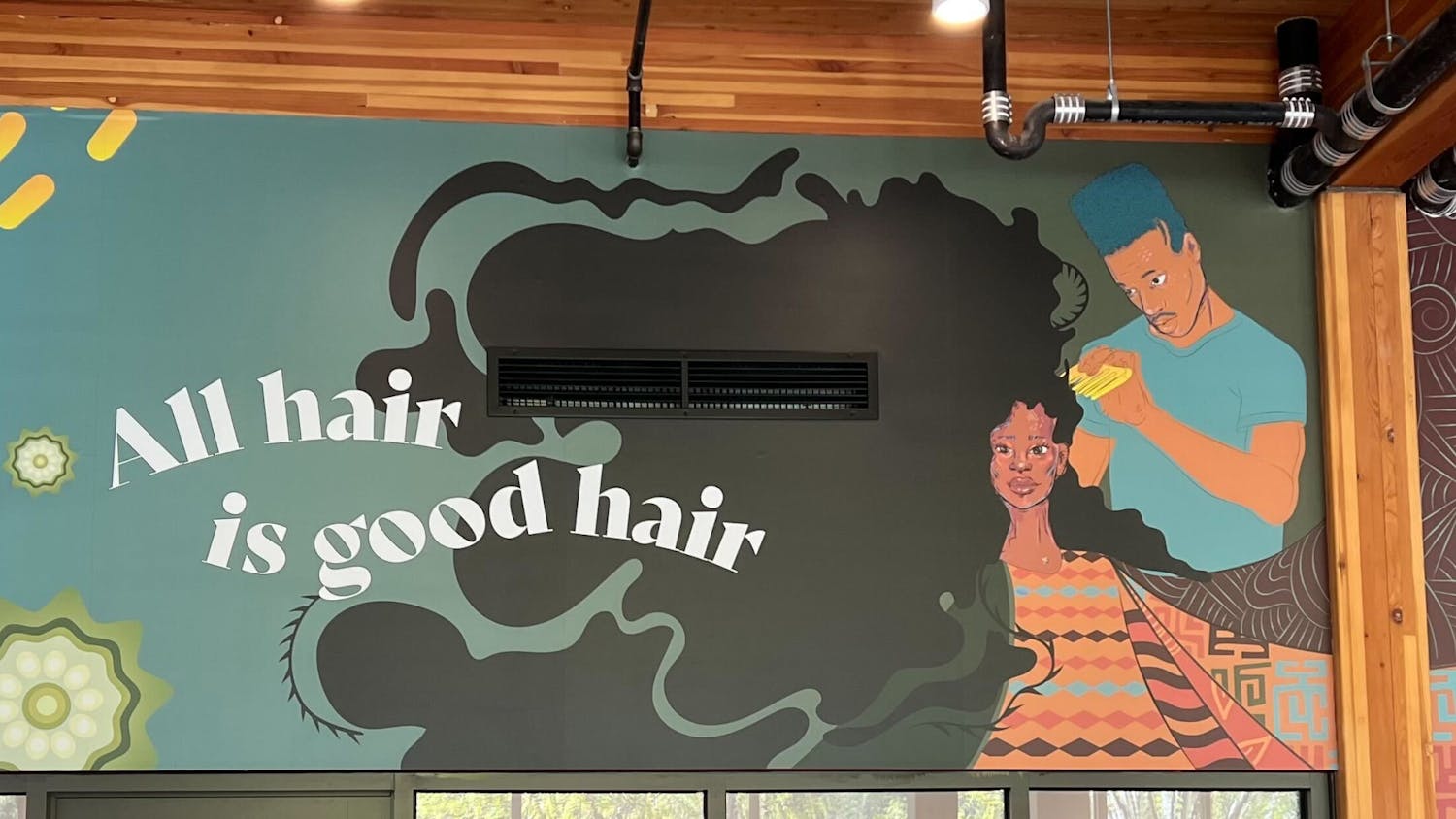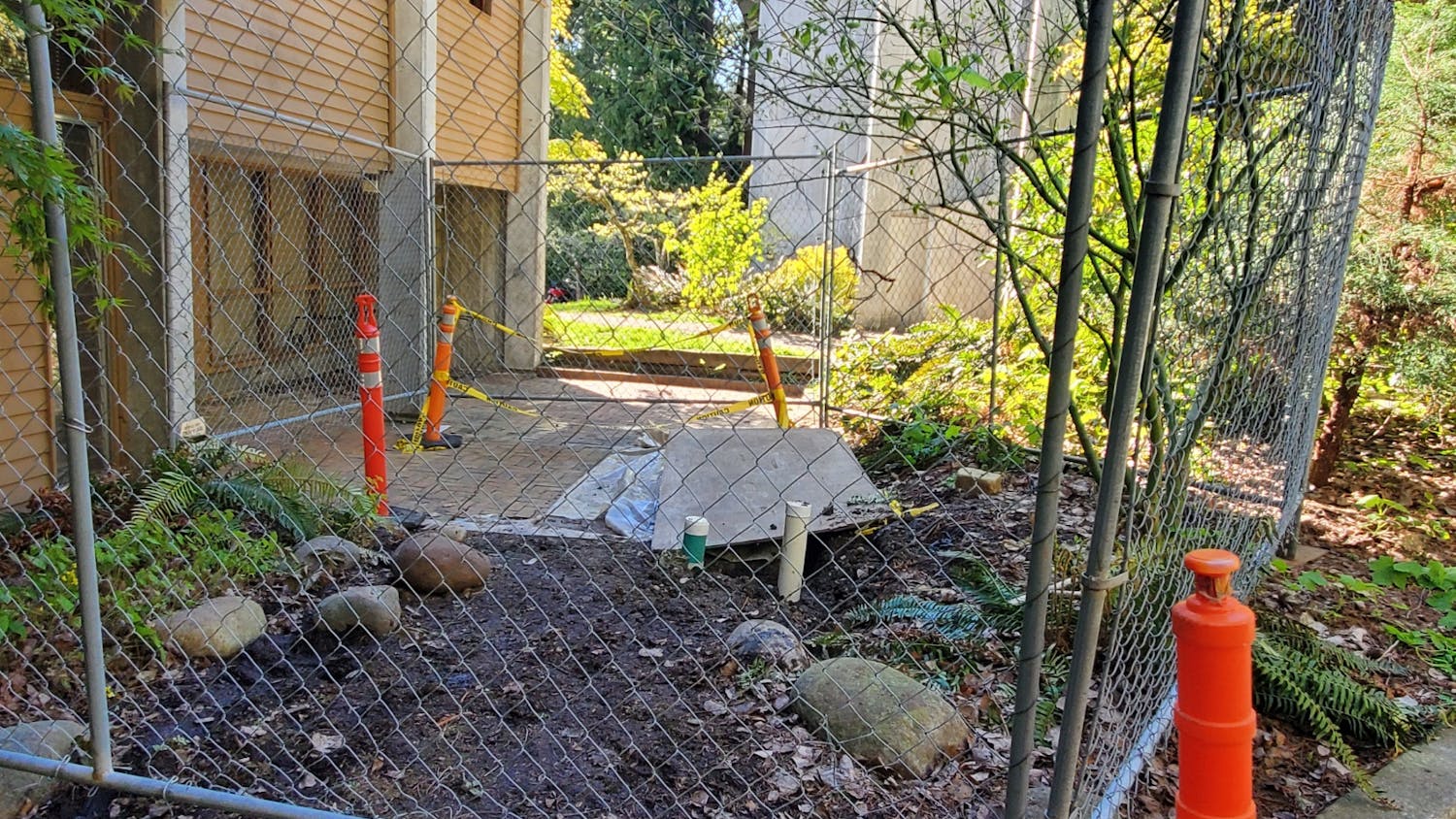Marks fourth consecutive year Western students named to Northwest Climate Adaptation Science Center’s program

The Northwest region will be receiving new research from recently accepted Northwest Climate Adaptation Science Center fellows Shannon Healy and Katie Ewen, both Western Washington University graduate students.
Mary Ann Rozance, the Northwest Climate Adaptation Science Center's actionable science postdoctoral fellow, said the fellowship program exists to train the next generation of actionable climate scientists.
“The whole goal is to produce relevant and accessible science impacts and adaptation actions for Northwest natural resource managers and policymakers,” Rozance said.
Second-year Western graduate student Shannon Healy and first-year graduate student Katie Ewen are the fifth and sixth Western students to enter the fellowship, Rozance said. Additionally, this year marks the fourth consecutive year Western students have been accepted into the fellowship.
Denali Nalamalapu, 350 United States communications specialist, believes the climate crisis needs young people who are invested in humanity's future.
“It’s so important that young people have the resources that they need to do this incredible work and that older folks aren’t hogging, like, elite spaces or access to funds,” Nalamalapu said. “But are instead really recognizing the power of young changemakers to envision a better future.”
Healy and Ewen will both be researching the impacts of glaciers in the Northwest.
Healy’s focus is on measuring a red algae that is found on the surface of snow. She will be researching snow algae on the Sholes glacier on Mount Baker and how it influences snowmelt.
“When it grows, it’ll darken the surface of the snow, which causes the snowpack to absorb more solar radiation and increases the melt rate,” Healy said. “It’s like if you go out on a hot day and you’re wearing a black T-shirt or a white T-shirt — you’re going to be hotter in the black T-shirt.”
Ewen will be researching how melting glaciers affect the water temperature of glacial streams and the impact it may have on aquatic habitats.
“Specifically, I’ll be looking at bull trout behavior,” Ewen said. “They’re listed as a threatened species, so just looking into how they might be affected by glacial melt.”
They will also be working directly with stakeholders in their research, an important aspect of the fellowship, Rozance said.
Ewen will be working with the National Park Service, while Healy will be working with the Nooksack Indian Tribe and the North Cascades Glacier Climate Project.
“The emphasis is on producing original projects or developing tools that [resource] managers can use,” Rozance said.
The fellowship will provide Ewen and Healy a year of funding for their research.
“This fellowship is enormously important because it’s paying for my tuition for this entire year,” Ewen said. “It’s basically allowing me to go to graduate school and really focus on my research.”
The funding will allow Healy to pay for field expenses she would have paid out of pocket, Healy said.
“Having that assurance that my project is funded and having that weight off my back of making sure I have the resources available to me ... it was a big breath of relief to know that I could do a lot more with that project than I originally thought I would be able to,” she said.
Climate change research funding is especially important for those most impacted by the crisis, Nalamalapu said.
“The climate crisis disproportionately falls on the shoulders of low-income communities, people of color and the global South,” Nalamalapu said. “If we aren’t very intentional about the solutions we pursue, the policies we implement [and] where the funding goes, it could really devastatingly impact these very vulnerable communities.”
Rozance encourages students who are interested in the program to apply through the Northwest Climate Adaptation Science Center website and learn about their science agenda.
Nalamalapu emphasized that everyone's engagement in this crisis is essential.
“We can’t do this fight without everyone on board,” Nalamalapu said.





